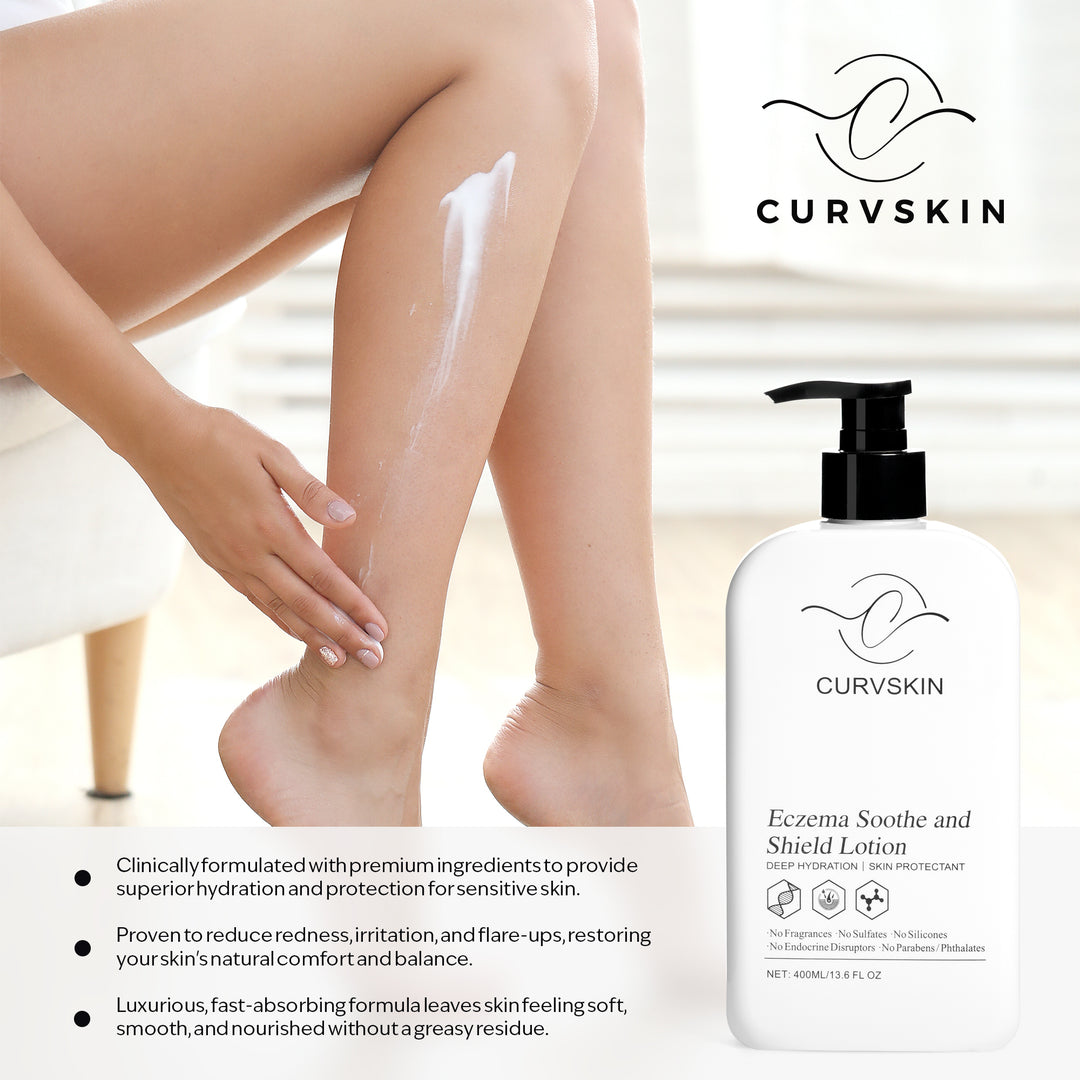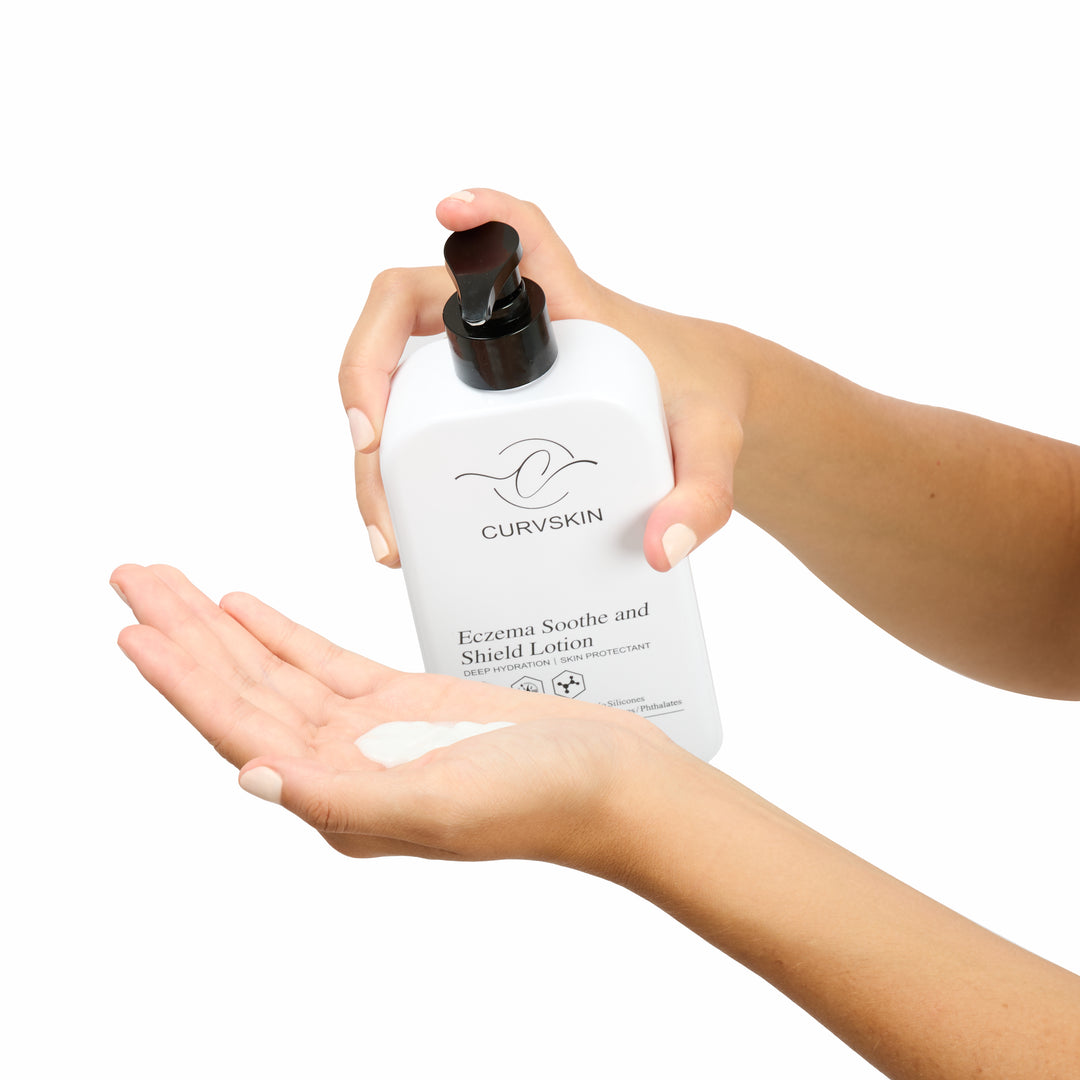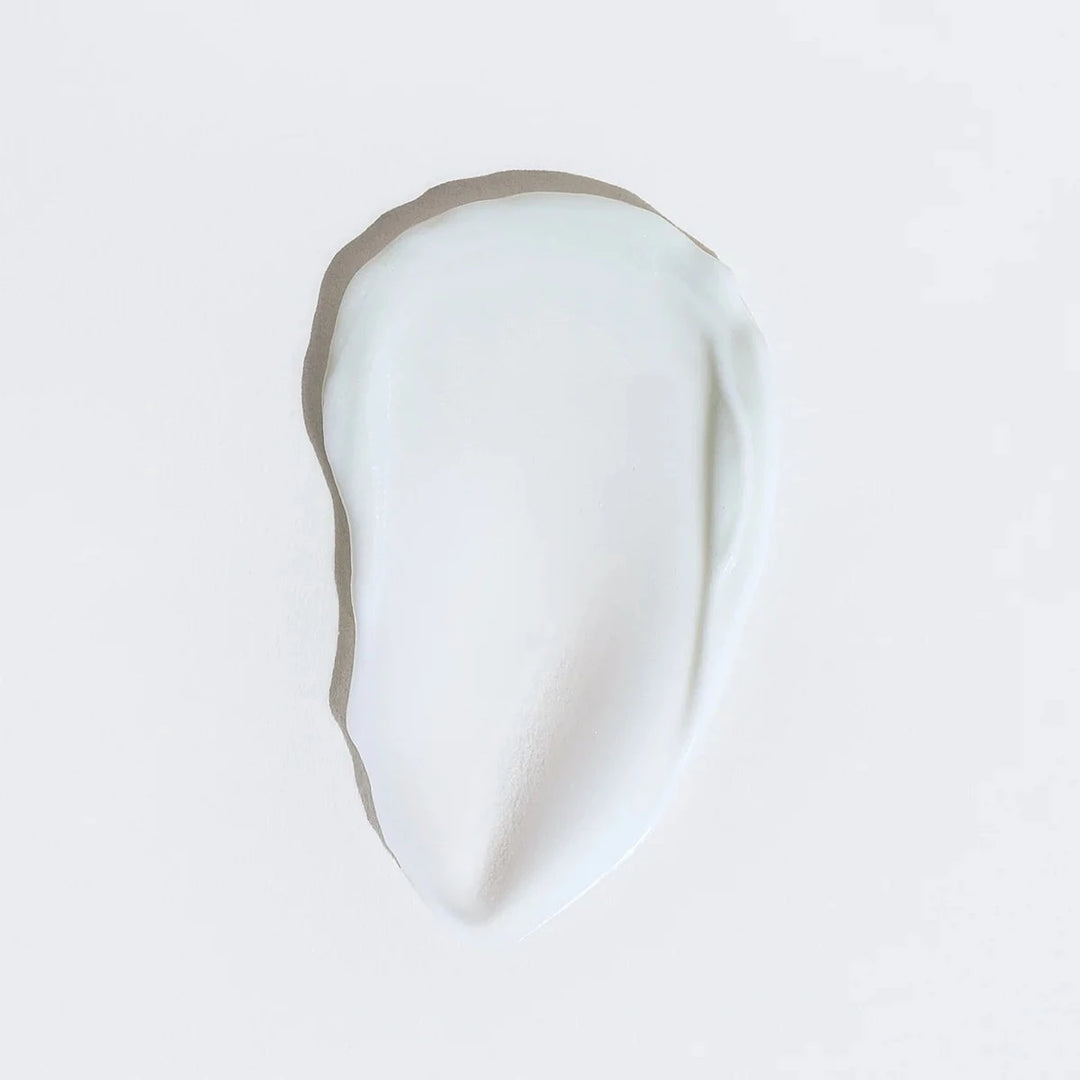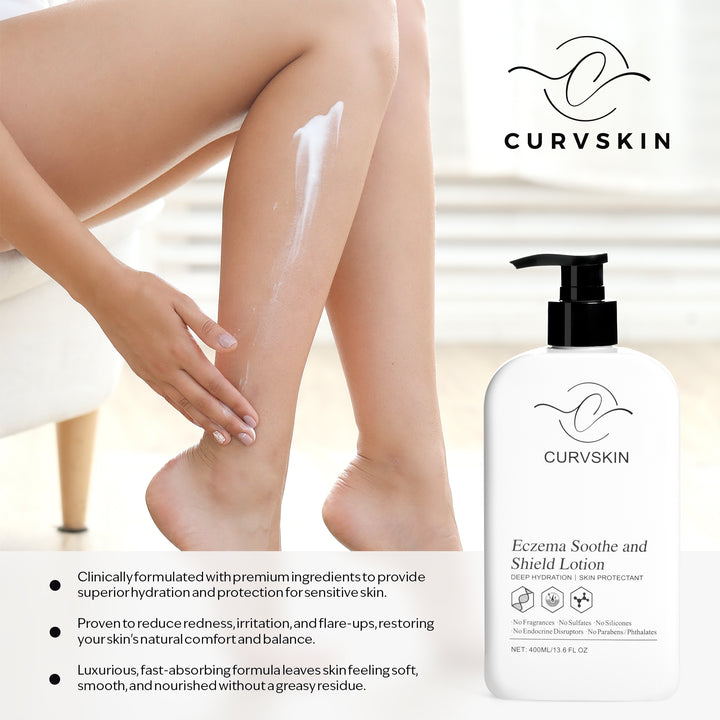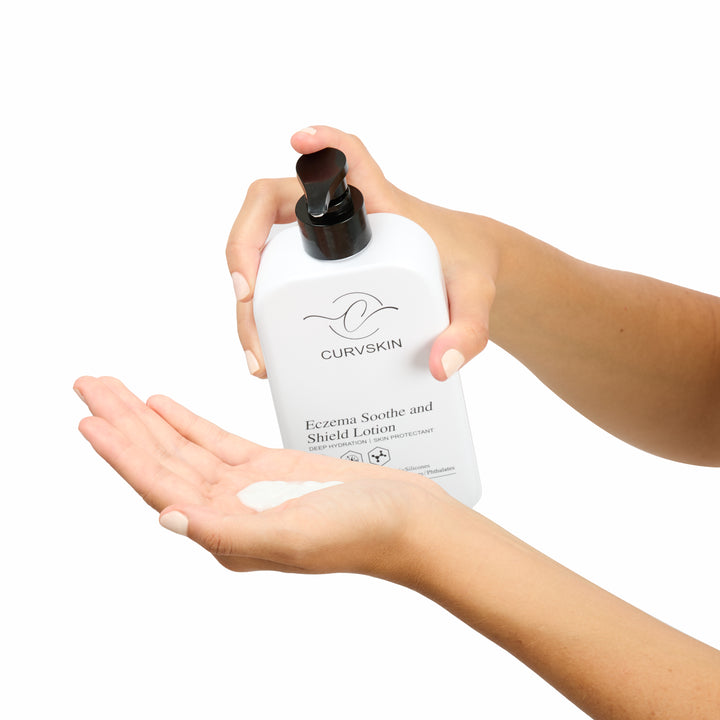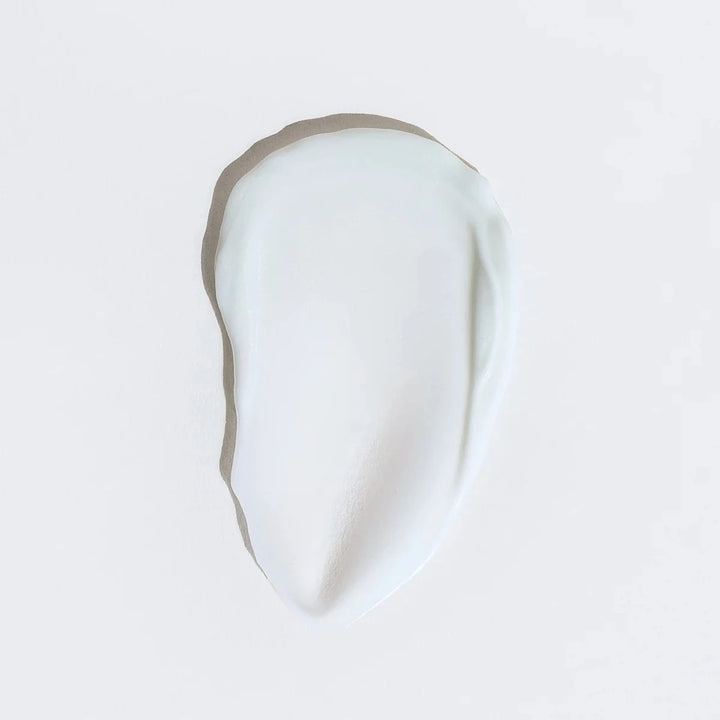The Psychological Impact of Eczema: Coping Strategies and Support
Living with eczema goes beyond the physical discomfort of itchy, inflamed skin. Often, the psychological impact of this chronic condition is profound yet overlooked. This blog post aims to shed light on the mental and emotional challenges faced by those with eczema and provide effective coping strategies and support options.
Understanding the Emotional Toll of Eczema
Eczema, particularly when severe, can significantly affect one's quality of life. The constant itchiness and discomfort can lead to sleep disturbances, impacting overall well-being. Visible skin lesions can also lead to self-consciousness, social withdrawal, and anxiety, especially in social or public settings. In children and adolescents, these issues can be even more pronounced, affecting their social development and self-esteem.
The Stress-Eczema Cycle
Stress is both a trigger and a consequence of eczema, creating a vicious cycle. Stress can exacerbate skin symptoms, and the persistent nature of eczema can lead to increased stress and anxiety, forming a challenging loop to break.
Coping Strategies
-
Mindfulness and Relaxation Techniques: Practices like meditation, deep breathing, and yoga can help manage stress levels, breaking the stress-eczema cycle. Mindfulness helps in acknowledging and accepting the feelings without judgment, reducing anxiety and stress.
-
Cognitive Behavioral Therapy (CBT): CBT can be effective in changing negative thought patterns and behaviors associated with eczema. It helps in developing coping mechanisms to deal with the psychological impact of the condition.
-
Support Groups: Joining eczema support groups, whether online or in-person, can provide a sense of community and understanding. Sharing experiences with others who face similar challenges can be comforting and reduce feelings of isolation.
-
Healthy Lifestyle Choices: Regular exercise, a balanced diet, and adequate sleep can improve overall health and well-being, positively impacting mental health.
-
Skin Care Routine: Establishing a consistent skin care routine, including gentle products like our Eczema Soothe and Shield Lotion, can help manage physical symptoms, reducing stress and anxiety associated with flare-ups.
Seeking Professional Help
It's important to recognize when to seek professional help. If eczema is significantly impacting your mental health, consulting a psychologist or psychiatrist can be a crucial step. They can provide tailored therapy and, if necessary, medication to help manage anxiety or depression symptoms.
For Parents and Caregivers
Parents and caregivers play a crucial role in supporting children with eczema. Encouraging open communication about their feelings, reinforcing positive self-image, and providing a supportive and understanding environment are essential. Professional counseling for children can also be beneficial.
Conclusion
Eczema's impact extends far beyond the skin. Recognizing and addressing the psychological aspects of living with eczema is crucial for holistic care. By employing effective coping strategies, seeking support, and managing physical symptoms, individuals with eczema can lead fulfilling lives, not defined by their skin condition.




